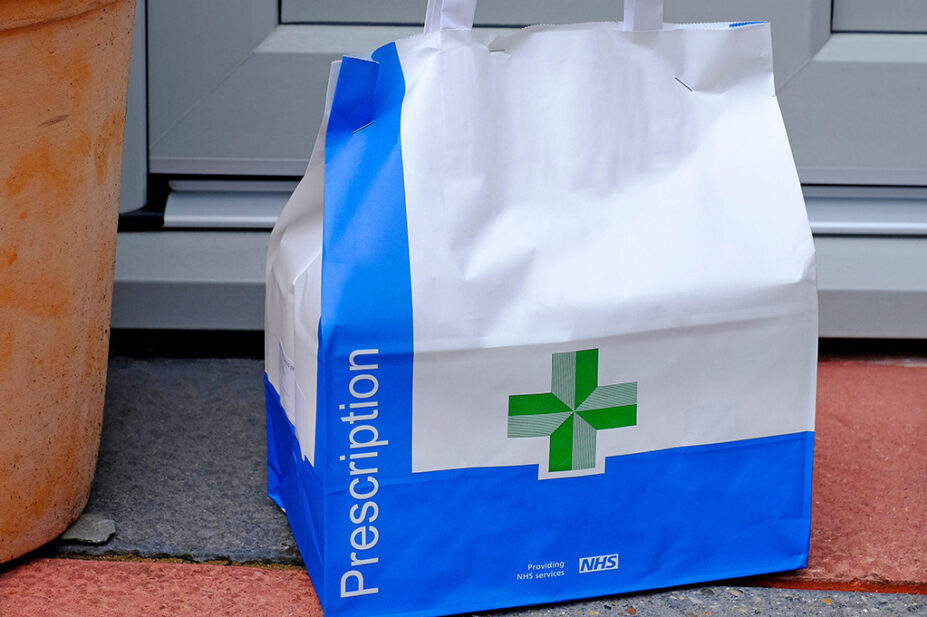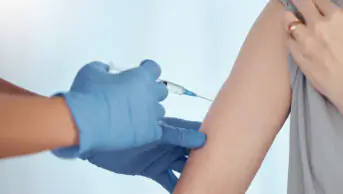
David Burton / Alamy Stock Photo
The HRT prescription charge exemption scheme is being used to claim prescriptions for items that are not HRT medicines, according to Community Pharmacy England (CPE).
Between June 2024 and May 2025, the NHS Business Services Authority (NHSBSA) had received more than 200,000 claims for non-HRT medicines that were issued under a HRT prescription prepayment certificate (PPC), CPE said.
NHSBSA has published a list of medicines which are exempt from prescription charges under the scheme, which includes progesterone and estradiol in varying strengths and dosage forms.
However, CPE said patients had claimed for medicines including sertraline, citalopram, omeprazole and amoxicillin have all been claimed for under the scheme, with sertraline being the most common, which are not on the HRT PPC list.
In a statement published on 11 August 2025, CPE said: “The NHSBSA continues to process the prescription in accordance with the exemption or charge status declared by the patient.
“However, NHSBSA’s exemption checking services (ECS) carry out checks on patient claims and if they cannot confirm that a patient was entitled to claim free NHS prescriptions, the patient will be sent an enquiry letter asking them to confirm their entitlement.”
If a patient is not sure whether their medicine is exempt or not, CPE has said that pharmacy teams should advise them to pay for their prescription and provide them with information on how to claim a refund.
Suraj Shah, drug tariff and reimbursement manager at CPE, said: “The NHSBSA’s findings indicate a worrying trend and, with the increasing use of HRT medicines and the HRT PPC, it has the potential to become an even bigger issue.
“HRT PPCs only cover hormonal treatments that are licensed in the UK for the treatment of menopausal symptoms, but prescribers may issue prescriptions for other medicines used in the management of menopause e.g. testosterone, certain antidepressants etc. Therefore, it is easy for some patients to assume that every item used to manage the symptoms of menopause is covered by the HRT PPC, but this is not the case.
“Patients are advised to check that their medicine is covered before buying an HRT PPC. Whilst it is the patient’s responsibility to check that they have the right exemption or certificate in place when claiming free NHS prescriptions, pharmacy teams are also encouraged to familiarise themselves with the full list of eligible HRT medicines and so they can advise patients accordingly,” he added.
The statement from CPE also noted: “[The Department of Health and Social Care] advises that patients found to have wrongly claimed help from the NHS with the cost of their NHS prescriptions will face a penalty charge and, in some cases, prosecution”.
However, a spokesperson for NHSBSA told The Pharmaceutical Journal: “No penalty charge notices have been issued and no prosecutions have been made in instances of an HRT PPC being incorrectly used to claim free NHS prescriptions.”
The HRT PPC was introduced in April 2023 to provide help with health costs for certain HRT medications. The certificate costs £19.80 for 12 months, and covers all eligible HRT prescriptions for that period, with no limit on the number of items.
In March 2025, the NHSBSA said the certificates had saved patients an estimated £11m in prescription fees in their first year.


